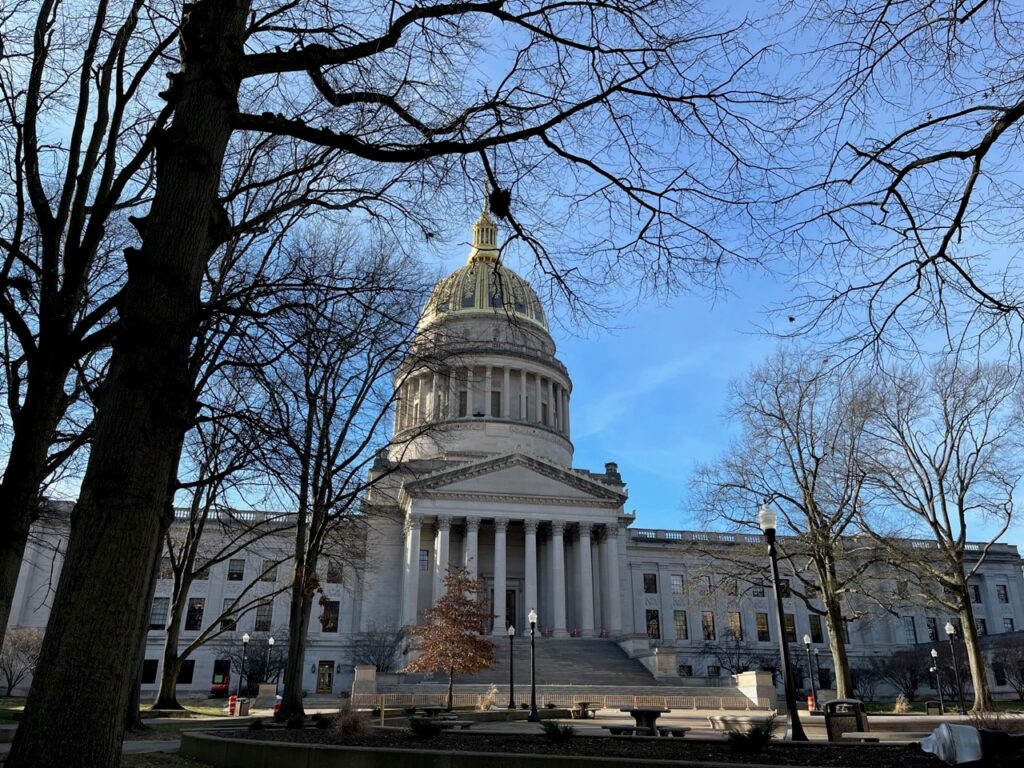This is a developing story and may be updated. The House of Delegates will return at 5 p.m. and may address the tax cuts.
Personal income and property tax cuts have loomed large over the West Virginia State Capitol for more than a year, but the possibility of both happening seems to be more likely, based on a Saturday statement from Gov. Jim Justice and quick legislative action by the Senate.
“I am extremely happy that after weeks of negotiations with all parties we’ve been able to reach a deal with the House and Senate that will be the largest tax cut in West Virginia history,” Justice said. “This deal returns over $750 million to hardworking West Virginians through a major cut to our personal income tax, rebate of the car tax, a 50 percent rebate of the property tax on machinery and inventory to small businesses, and tax credits to West Virginia Veterans. It also puts us on a pathway toward the complete elimination of our personal income tax. It’s a win-win for all West Virginians and I couldn’t be more pleased with the outcome.”
When the Senate returned to session at 1:45 p.m. Saturday, it immediately took up House Bill 2526 and amended it to reflect compromises made between the Senate, House of Delegates and Justice.
As presented by Senate Finance Committee Chair Sen. Eric Tarr, R-Putnam, the strike and insert amendment has four key provisions in it.
“First, it provides for a 21.25 percent reduction in the personal income tax over all tax brackets,” Tarr said.
The cut – higher than the Senate’s initial proposal of 15 percent but lower than the House’s proposal of 30 percent – would be effective retroactively to January 1, 2023.
A provision to trigger future income tax reductions, similar to the one in the Senate’s original proposal, is included with changes. The new formula is based on a comparison of general revenue collections in a fiscal year minus severance tax collection as compared to the base year of 2019. Adjusted for inflation, if the general revenue collections minus the severance tax collections exceed the adjusted base year, a reduction would be triggered.
“There’s a proviso that in no instance made the reduction be greater than 10 percent at any one time,” Tarr said.
The amendment also includes a refundable tax credit for personal property paid on automobiles and 100 percent refundable tax credit for disabled veterans against personal income taxes paid on homesteads, both remaining unchanged from the original Senate proposal.
Small businesses with an appraised value of $1 million or less would be given a tax credit allowing a 50 percent refund against personal and corporate net income tax for personal property.
The removal of the so-called “marriage tax penalty” was not included as part of the compromise.
The amendment was approved, and Senate rules were suspended to immediately advance the bill to third reading, at which point it was passed unanimously.
Through relatively flat budgets and higher than projected income, the state has had large budget surpluses in recent years with nearly $2 billion last year and more than $1 billion already collected over estimate for this year. A significant portion of that excess income has come from severance taxes on natural gas, but those taxes are expected to moderate in the coming years.
House Bill 2526 now returns to the House of Delegates with the request that it concur with the Senate’s changes.




















